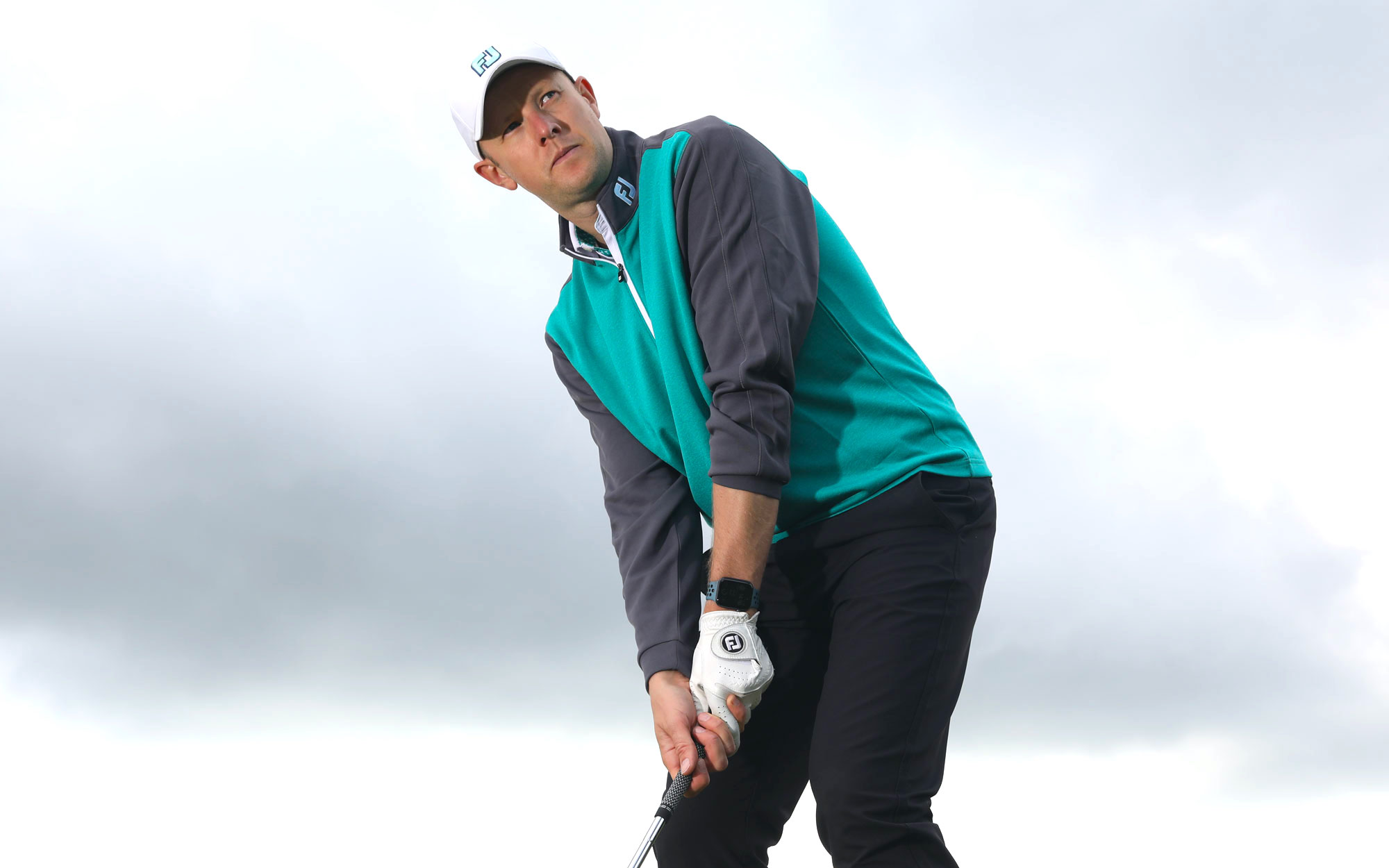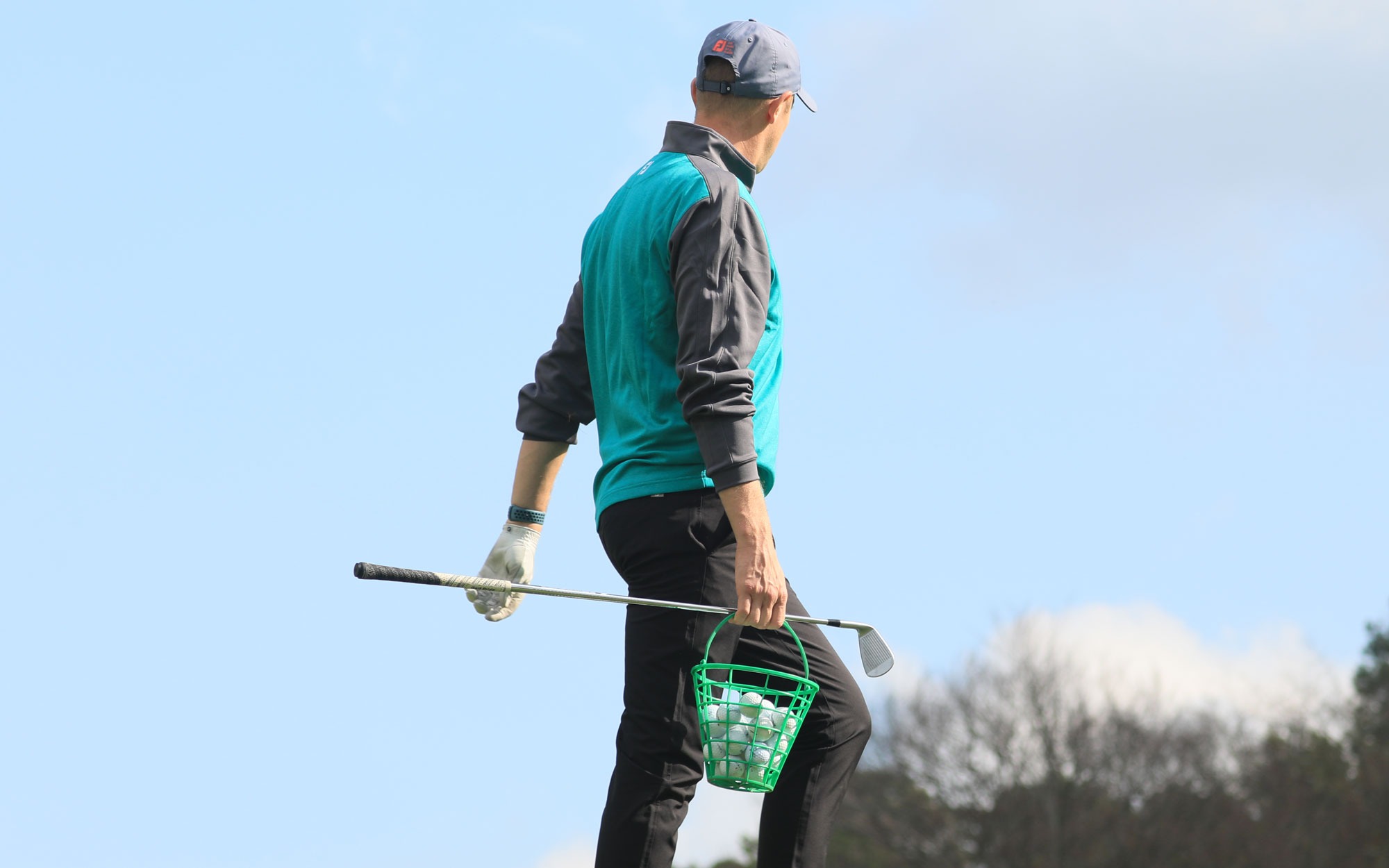Mental Game Golf Tips: 5 Things You Can Do Right Now!
Mental game golf tips: 5 things you can do right now to help with your preparation!


Mental Game Golf Tips: 5 Things You Can Do Right Now!
Shooting consistently good scores requires a few different elements to fall into place. You'll need to ensure your basics - things like your ball position for every club - are spot on. You'll also need the right equipment for your game and a smarter strategy. However, one of the most important aspects, that many players completely overlook, is the mental game. Improvements in the area can be some of the easiest to introduce and most effective to improve performance. Here are 5 things you can do right now that will improve the way you think on the golf course.
1. Preparation: the night before your round or golf match makes sure all your key elements for your game are ready:
These things may seem trivial, but if you wake up calmer and more relaxed because all the above are taken care of you will have a better start to the day and hopefully a better round of golf.
2. Music: Studies have shown that listening to motivational music before sporting activities and exercise increases a positive mood state and can improve overall performance. I would recommend you create a playlist that correlates with the length of your car journey to the golf club. Build the intensity of the music up as you approach the club and finish with your favourite song. Some tracks I would recommend are:
3. 20 minutes: As you plan for your game of golf the night before your round, allow yourself an extra 20 minutes (perhaps set your alarm 20 minutes earlier) especially if you have a long journey to the course. If you are early – great! - you have more time to prepare at the club but if you get caught up in traffic you have some leeway and you won’t feel as rushed at the start of your game.

4. Structure your practice: allow 30-40 minutes of practice time before you tee off. Use this time for a physical warm-up, to do some simple golf stretch exercises, to hit golf shots and work on your short game and putting. Make this routine work for you adapting it as you need and taking into account the facilities you have at your club. On average, it takes a golfer 5 holes to warm-up if they have not completed a warm-up prior to their round. Imagine first how many shots you could lose in those 5 holes without a warm-up and then consider how many shots you could gain with that warm-up built in?
5. Reflect and Record: For golfers the 19th hole is often our way of reflecting on a round of golf. Reflective practice is a form of analysis, a process of evaluation and an improvement tool to produce a change in practice. Reflecting on your performance by documenting your round increases your level of self-awareness and will improve your understanding of your own golf game and the areas where you can improve. There are lots of apps and golf technology that can help you document your round, but as a starter for 10 why not just record simple stats on your score card: Hit Fairway Percentage, Greens in Regulation and Number of Putts. This gives you something constructive to talk about in the club house with your playing partners, rather than focusing on the negatives. Next time you play, when reviewing your round in the 19th try to talk about 2 positives of your round before you can talk about 1 area for improvement.
Subscribe to the Golf Monthly newsletter to stay up to date with all the latest tour news, equipment news, reviews, head-to-heads and buyer’s guides from our team of experienced experts.
These mental game golf tips can support your performance on and off the golf course, making your golf game more enjoyable and hopefully lowering your scores!

Gareth is an Accredited PGA Professional with an MSc in Applied Sports Psychology & BSc in Sport & Exercise Science who specialises in Mental Skills Training. Within this field, he has worked with international athletes and DP World Tour Players. Gareth has also developed a series of golf products (including Mental Markers & Golf Training Diary) and has been published in the Psychology of Sport and Exercise journal with a study exploring 'choking' in Sport. Gareth has worked in the golf industry for over 20 years.